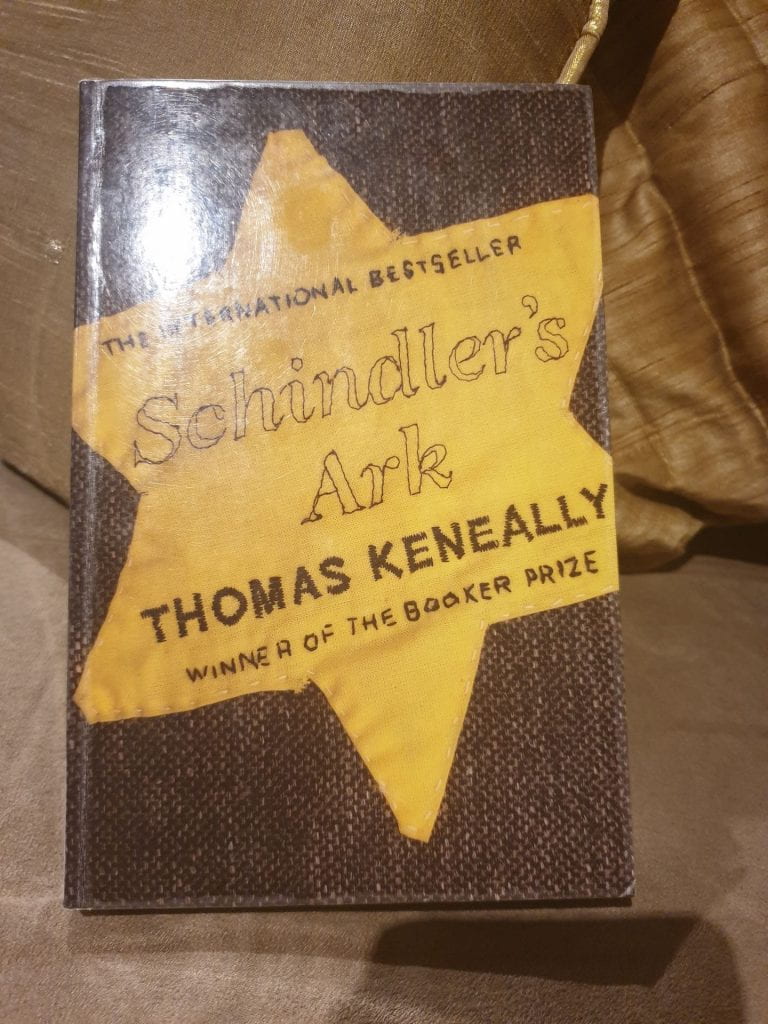#ChooseToChallenge
IWD2021’s theme of #ChooseToChallenge is a call for a more inclusive society by challenging outdated ideologies. This theme suggests that we as individuals can quietly watch gender bias, discrimination and equality occur around us, or we can call it out. Our role in the Information Centre and as teacher librarians is to call out the gender bias in literature.
Literature is a reflection of society because the storylines, characterisations and language of the time are captured by the author (Zanfabro, 2015). This is why Austen’s Elizabeth Bennett, Bronte’s Jane Eyre, Mitchell’s Scarlett O’Hara, Collins’ Katniss Evergreen, and Dahl’s Matilda Wormwood are so memorable. They were the rebels of their time and as such inspired other women to challenge prevailing standards and rebel against societal expectations of femininity. Literature has a great capacity to inspire, provoke and challenge the reader, but the presence of strong female protagonists is not the norm. A recent study of books published indicates that less than 30% of fiction texts have a strong female character (Green, 2018). The primary theory for this disparity is that males don’t like reading books with female protagonists, whereas females are less discriminatory about their reading material. Therefore, it is safer for publishers to print books that feature male protagonists as they have a wider appeal (Rebel Girls, 2017).
Gender bias in literature and publishing has ramifications. Strong female characters are excellent role models for both sexes (Green, 2018). Female protagonists in fiction texts normalise physically and cognitively strong women, point out that it is ok for females to have a leadership role and mostly, that strong women do not mean boys are weak (Green, 2018). Interestingly whilst strong female protagonists are found in varying forms of literature in many differing capacities, they are rarely captured as leaders, unless based upon a historical figure or a biography (Green, 2018).
Our role in the Information Centre and as teacher librarians is to curate literature that portrays strong female and male role models. We are continuously seeking to ensure our collection reflects the educational, emotional, cognitive and developmental needs of our school community… And that includes making sure our girls and boys get to read a range of texts about strong women.
We #ChooseToChallenge gender stereotypes in literature.
 References:
References:
Green, S. (2018). Do we need strong female characters? The Irish Times. Retrieved from https://www.irishtimes.com/culture/books/do-we-need-strong-female-characters-1.3513651
Magras, D. (2019). Feminist AF: Hearing Their Voices: Supporting Female Empowerment in Middle Grade Fiction for Tweens and Teens. School Library Journal.
Rebel Girls. (2017). The ugly truth about children’s books [Video]. Retrieved from http://rebelgirls.co/ugly_truth
Zanfabro, G. (2017). Gender matters: What is at stake in dealing with children’s literature? TRANS- Revue de Litterature Générale et Comparée 21. DOI : https://doi.org/10.4000/trans.1440

